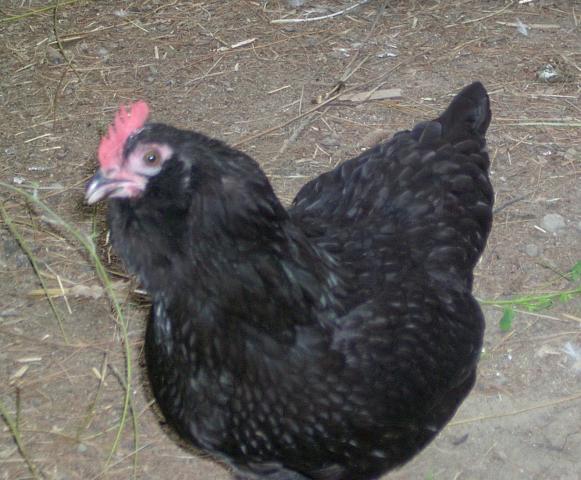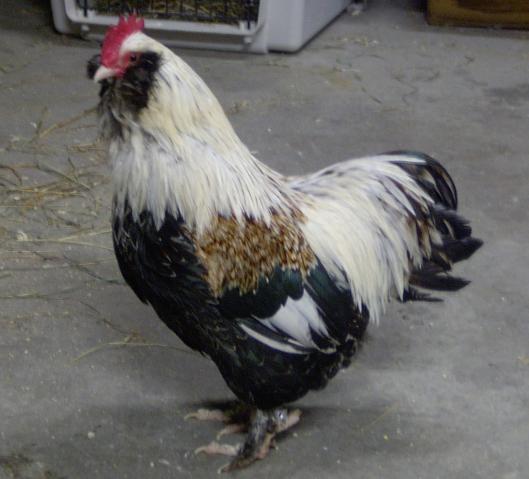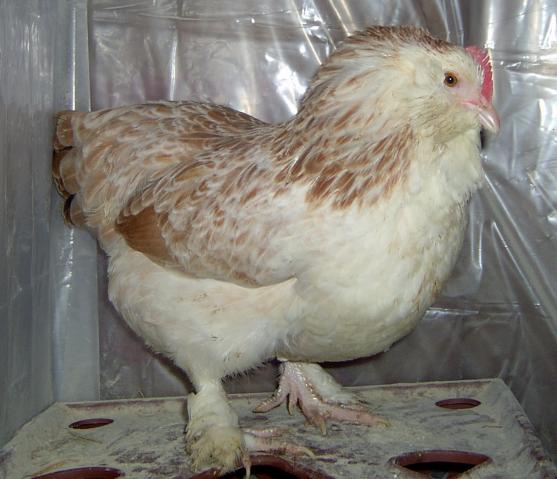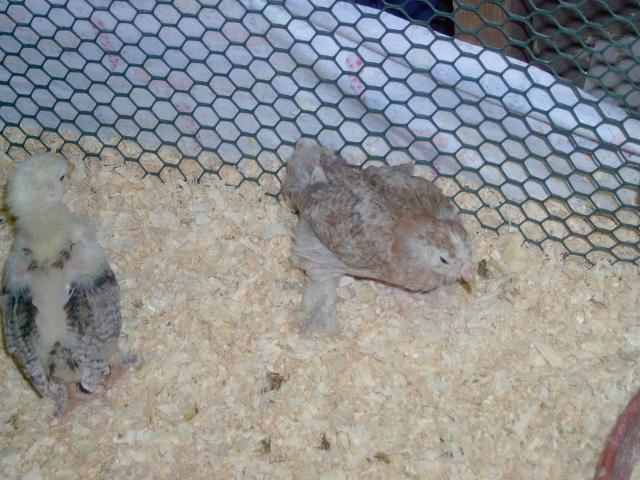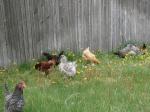Ridgerunner
Garden Master
- Joined
- Mar 20, 2009
- Messages
- 8,241
- Reaction score
- 10,112
- Points
- 397
- Location
- Southeast Louisiana Zone 9A
There is a lot of myths and mystique about sex links. Some hatcheries sell the commercial egg layers for their sex links. Some cross two of their regular dual purpose chicken breeds and sell those as sex links. There is a big difference. The commercial breeds are small and have a good feed to egg conversion rate. Their small bodies don't need as much food to support body maintenance. They are bred to lay a lot of fairly large eggs. The sex links from regular breeds are larger and don't have as good a feed to egg conversion rate (they will eat more feed) but the ones from a hatchery still lay pretty well. I'm not sure, but I think Ideal sells the dual purpose crosses, McMurray and Cackle sell the commercial birds, and Meyer offers both.digitS' said:My brother always had Red Sex-links
The reason I say maybe hybrids is because you want these chickens for eggs. I have really enjoyed my Buff Orpingtons & Light Brahmabut, you know, those chickens can EAT! And, they don't lay many eggs.
Steve
The commercial birds lay extremely well but some people have more medical problems with them, like you would expect from a highly specialized animal. The dual purpose crosses are like their parents, probably good egg layers but not as good as the commercial ones and maybe less prone to medical problems.
If you are going to let then forage where they get most of their own food and you don't have to buy it, the feed to egg conversion rate is probably not that important. They are doing most of the work. But if you are going to be buying all their feed, I'd consider leghorns. The eggs are white instead of brown (which makes no difference nutritionally) but their small bodies give you a good feed to egg conversion rate.

